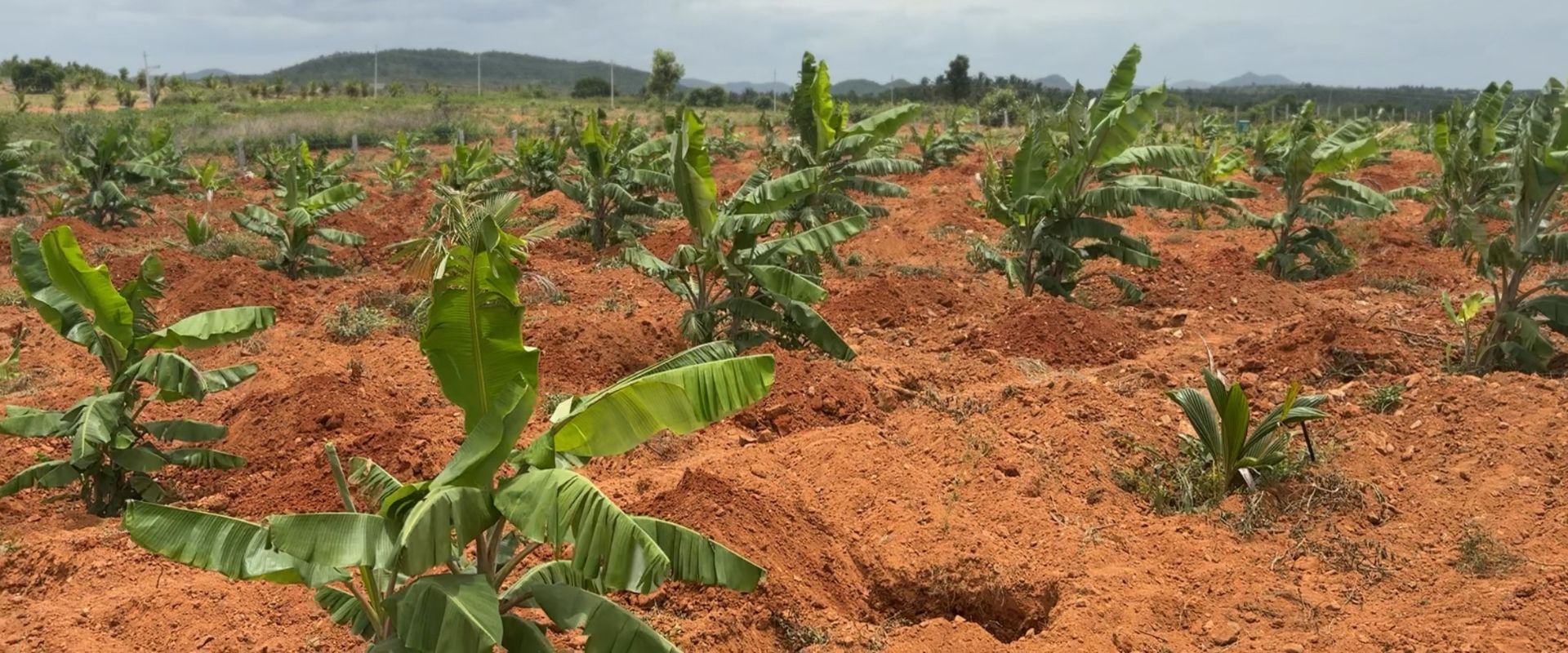In our Gubbi belt of Tumkur, farming is not just about growing crops—it is about jeevana itself. The red soil here has seen generations sowing ragi, groundnut, adike, coconut, and mango. What has kept many of us rooted to this land is not chemicals or quick fixes, but the quiet wisdom of natural farming—naisargika krushi—that respects the earth and in turn sustains us.
Why Natural Farming Works Here
The Tumkur–Gubbi region is blessed with semi-arid climate, moderate rainfall, and hardy crops that thrive in these conditions. Instead of spending lakhs on fertilizers and pesticides, farmers who follow jaivika or beejamrutha–jeevamrutha based methods see how cow dung, cow urine, neem, and green manure rejuvenate soil.
- Tippe gobbara (cow dung) mixed with jaggery and soil microbes brings life back to the earth.
- Neem and agase (castor) leaves keep pests away naturally.
- Intercropping ragi with avare or horse gram not only improves soil but also adds protein to our diets.
- Mangoes from Gubbi sold as chemical-free totapuri fetch almost double the price compared to regular ones.
- Millets grown naturally are in demand among health-conscious families in Bengaluru’s Malleswaram and Jayanagar.
- Organic jaggery units in Tiptur–Gubbi side are proving that small-scale processing adds direct value.
- A simple meal of ragi mudde, bassaaru made from your own avare, and curd from your cow or buffalo milk tastes different when you know it’s free from poison.
- Working in the field barefoot, feeling the cool earth, is therapy in itself—farmers here call it “manassige shanti”. Children raised on farms grow with values of patience, respect for nature, and health that comes from clean air and food.
- In Gubbi, I often tell new farmers: “Don’t look at the neighbor’s high-yield hybrid crop sprayed with urea. Look at his debts. Then look at your healthy soil, your healthy family, and your smiling cow. That is real profit.”


